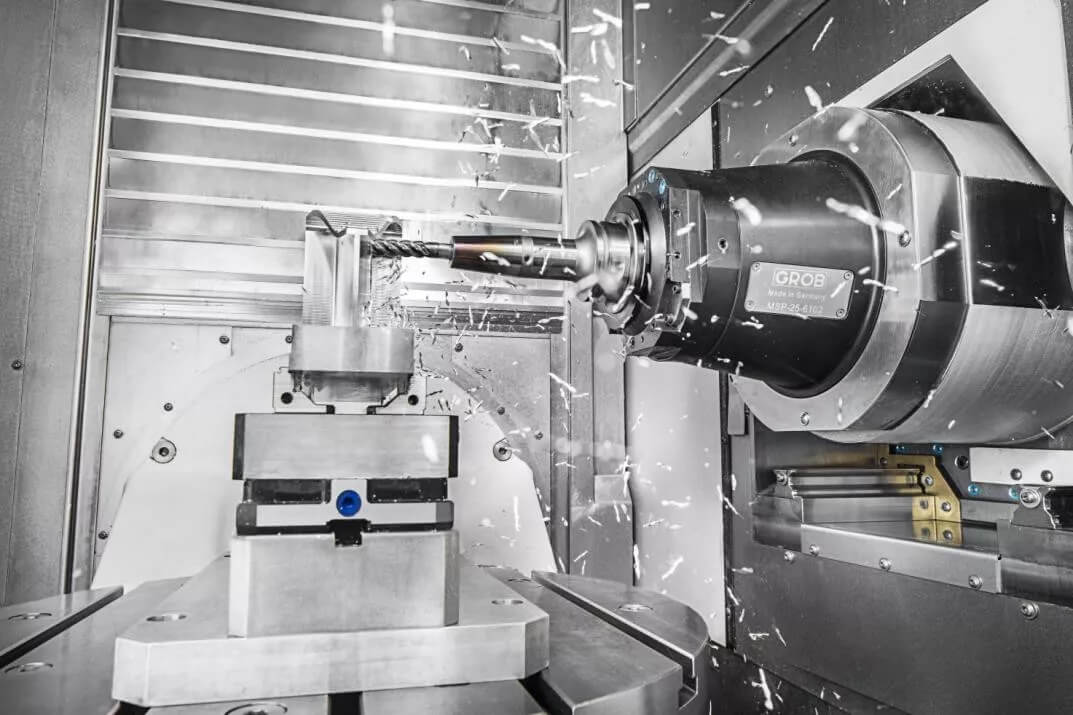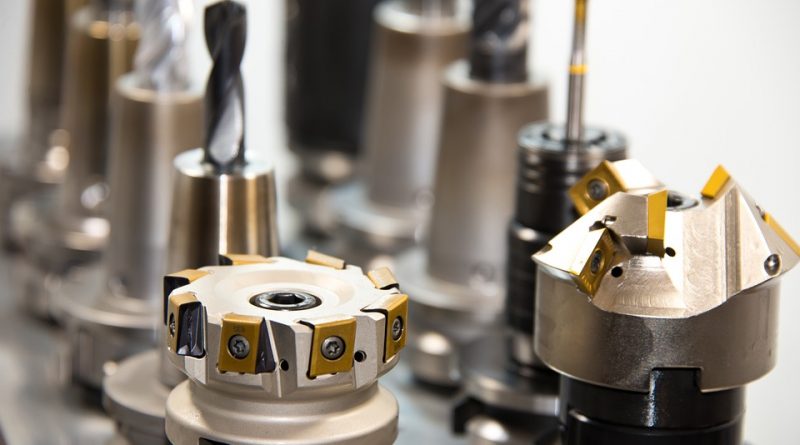How CNC Machining Impacts Modern Day Manufacturing?
CNC (Computer Numerical Control) machining has revolutionized modern-day manufacturing. CNC machining is a computer-controlled manufacturing process in which a cutting tool is used to shape parts from a variety of materials, such as metal, plastic, and wood. CNC machining has enabled the mass production of parts that require high precision and repeatability. It is used to create complex parts and components with tight tolerances and intricate details. CNC machining has been instrumental in the manufacturing of parts for products such as medical devices, automotive components, and consumer electronics. By utilizing CNC machining, manufacturers are able to achieve higher levels of precision and accuracy, resulting in improved product quality and faster production times. Additionally, CNC machining has enabled the development of new and innovative products, as well as the automation of traditional manufacturing processes. As a result, modern-day manufacturing has become more efficient and cost-effective, while also producing higher quality products.
Overview of CNC Machining
CNC (Computer Numerical Control) machining is a process that uses specialized software and machinery to shape materials into precise components and products. CNC machining is ideal for producing complex parts and components with tight tolerances and intricate geometries. It can be used to cut, drill, shape, and finish products from a wide variety of materials, including metals, plastics, wood, and composites. CNC machining offers increased accuracy and repeatability, faster production times, and reduced labor costs. It can be used for both low-volume and high-volume production runs, making it an ideal solution for a variety of industries.
Advantages of CNC Machining
Modern CNC Machining is one of the most effective ways to produce parts with accuracy, repeatability, and speed. It offers a variety of advantages over traditional manufacturing techniques, including cost savings, improved accuracy and repeatability, increased production speed, and improved part quality. CNC machining also allows for the use of a wide variety of materials, from metals to plastics, and can accommodate complex shapes and intricate details. In addition, CNC machining can reduce or eliminate the need for additional finishing processes such as grinding, polishing, and painting, resulting in further cost savings. Overall, CNC machining is a reliable, cost-effective, and time-efficient way to produce complex parts quickly and accurately.
Challenges in CNC Machining
CNC machining is an integral part of the manufacturing industry, allowing for the production of complex components with a high level of accuracy and repeatability. However, CNC machining is not without its challenges. From tooling and materials choice to programming and quality assurance, CNC machining requires a high level of expertise and careful planning. Common challenges in CNC machining include tool wear, thermal deformation, vibrations, and irregular surface finishes. Each of these challenges can be avoided with proper machine setup, operator training, and maintenance. Additionally, the right materials and tooling for the job can help to ensure the highest quality end product. With the right knowledge and planning, CNC machining can be done quickly, accurately, and consistently.

Applications of CNC Machining
CNC machining is the process of using computer numerical control (CNC) to control machine tools such as lathes, mills, and grinders to produce intricate and highly precise components. It is a highly efficient process that has revolutionized the manufacturing industry, allowing for faster product development, increased accuracy, and reduced labor costs. CNC machining is used in a wide variety of industries, from automotive and aerospace to consumer electronics and medical devices. The applications of CNC machining are vast and range from simple parts and components to highly complex parts and components, as well as prototypes and end-use production. CNC machining can be used to produce components with intricate shapes, tight tolerances, and complex geometries, while also providing a cost-effective solution for shorter production runs. With CNC machining, the possibilities are endless.
CNC Machining in the Manufacturing Process
CNC machining is a vital component of the modern manufacturing process. It is used to create precision parts and components with high levels of accuracy. CNC machining allows for the creation of complex shapes and designs, and eliminates the need for manual labor. It also reduces waste, minimizes errors, and increases productivity. In addition, CNC machining helps ensure that parts and components are of the highest quality and meet the needs of the customer. CNC machining is an invaluable tool for the manufacturing industry, and its use is essential for producing quality products that are cost-effective and efficient.
The Future of CNC Machining
CNC machining is the future of the manufacturing industry, and it’s only getting better. With its ability to quickly and accurately produce complex parts, CNC machining is revolutionizing the way companies create products. CNC machining makes it easier than ever to produce high-quality, durable parts that are custom-made for specific uses. Plus, with the right software, CNC machining can be more cost effective than traditional machining — meaning you get the best parts at the best prices. In the future, CNC machining will only become more advanced, allowing for complex parts to be created faster and with greater precision. As CNC technology advances, the possibilities for manufacturing are limitless. So, be sure to keep an eye out for the future of CNC machining — it’s sure to be even more incredible than it is today!
FAQs About the How CNC Machining Impacts Modern Day Manufacturing?
Q1: What is CNC machining?
A1: CNC machining is a process that uses computer numerical control (CNC) technology to control machine tools like milling machines, lathes, routers, and grinders to produce high-quality, precision parts. It is a versatile and cost-effective method of manufacturing that has revolutionized modern day manufacturing.
Q2: How does CNC machining benefit modern day manufacturing?
A2: CNC machining offers a number of advantages over traditional methods of manufacturing. It requires less labor, is more accurate and efficient, and allows for faster turnaround times. Additionally, CNC machining can create complex parts with tight tolerances that are difficult to produce with traditional methods.
Q3: Are there any drawbacks to CNC machining?
A3: CNC machining can be expensive due to the cost of the machinery and software required to operate it. Additionally, it can be difficult to troubleshoot issues with CNC machines and they require specialized training and expertise to operate them.
Conclusion
CNC Machining has revolutionized modern day manufacturing by providing more precise and efficient production of parts. It has enabled manufacturers to reduce lead times, increase accuracy, and improve production quality and consistency. CNC machining has also drastically reduced labor costs and improved productivity, making it an invaluable asset for any manufacturing firm. With its combination of accuracy, productivity, and cost savings, CNC machining is well positioned to be a major part of the future of manufacturing.




